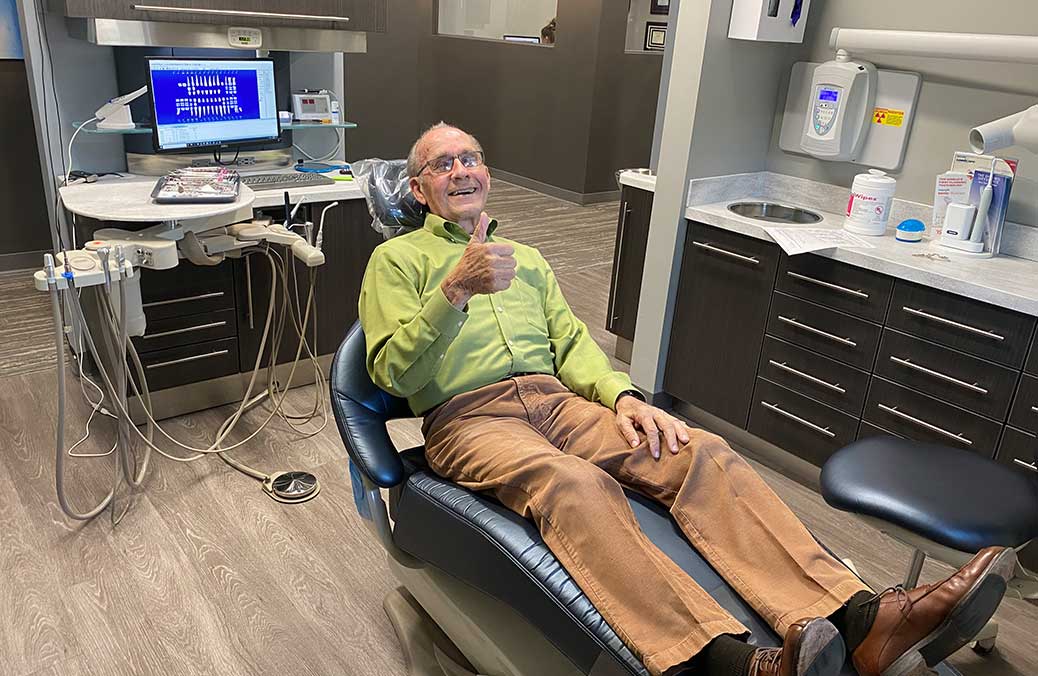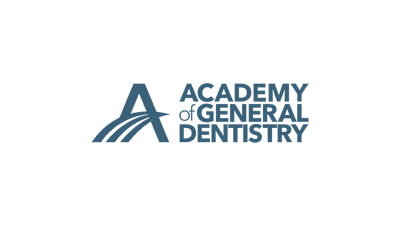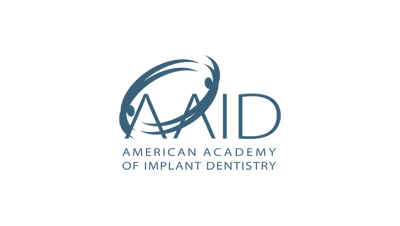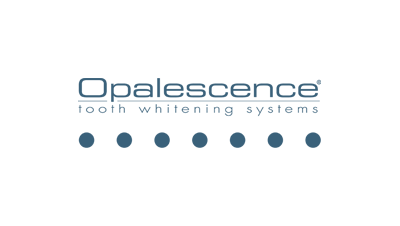The connection between genetics and dental health shapes every smile, affecting everything from tooth structure to cavity susceptibility—prompting the question, “Are bad teeth genetic?”. While many people blame their genes for dental problems, understanding the role of DNA in oral health issues—and the modern solutions available—can transform how we approach dental care.
This comprehensive guide explores the fascinating relationship between genetics and dental health, revealing how you can achieve optimal oral health regardless of your genetic predispositions.

The Genetic Foundation of Dental Health
Ever wondered why some people seem more prone to cavities despite good oral care? The answer often lies in our DNA. While genetics isn’t the only factor in dental health, it plays a significant role in determining everything from tooth structure to cavity susceptibility.
Just like eye color or height, your dental characteristics are influenced by your genetic makeup. These genetic instructions come from both parents and affect how your teeth develop, their strength, and even how they respond to bacteria and oral care routines.
Key Genes That Influence Tooth Development
Scientists have identified several genes that play crucial roles in dental health:
- PAX9 and MSX1 genes are essential for tooth development
- ENAM and AMELX genes help determine enamel formation
- DLX3 contributes to overall tooth and jaw development
Inherited Conditions Affecting Teeth
Some dental conditions can run in families, including:
- Amelogenesis imperfecta: affects enamel formation, leading to weak or discolored teeth
- Dentinogenesis imperfecta: impacts tooth structure, causing weakened teeth
- Congenitally missing teeth: when certain teeth fail to develop
- Malocclusion: inherited patterns of jaw and teeth alignment
The Role of Family History in Dental Problems
Your family’s dental history can provide valuable insights into your own poor oral health problems. If close relatives have experienced particular dental issues, you might have an increased susceptibility to similar conditions.
However, remember that good oral hygiene habits and regular dental care can often help overcome genetic predispositions to dental problems.

Common Genetic Dental Conditions
While many dental issues stem from lifestyle factors, certain conditions are directly linked to our genetic makeup. Understanding these inherited conditions helps both dentists and patients develop more effective treatment strategies.
Amelogenesis Imperfecta
This inherited condition affects the proper formation of tooth enamel, the hard outer layer that protects your teeth. People with amelogenesis imperfecta often experience unusually thin or soft enamel, leading to yellow or brown tooth discoloration.
The condition also causes increased sensitivity to hot and cold temperatures and makes teeth more susceptible to decay and wear. Early detection and specialized dental care are essential for protecting the teeth from damage.
Dentinogenesis Imperfecta
This genetic condition affects dentin, the layer beneath the enamel. When dentin doesn’t form properly, teeth can appear translucent with a blue-gray or amber discoloration. The affected teeth are typically weaker and more prone to breaking or wearing down quickly.
People with this condition often need comprehensive dental treatment to preserve their tooth structure and maintain proper oral function.
Genetic Factors in Tooth Spacing and Alignment
Your genes play a significant role in determining how your teeth are positioned in your mouth. Inherited traits can lead to crowded teeth, noticeable gaps (diastema), or misaligned jaws, resulting in overbites or underbites. While these alignment issues are inherited, they can be effectively treated through orthodontic intervention, especially when addressed early.
Hereditary Gum Disease Susceptibility
Some people inherit a higher risk for periodontal (gum) disease due to genetic factors affecting their immune response. This genetic predisposition can lead to an earlier onset of gum problems and a more aggressive progression of periodontal disease.
People with inherited gum disease susceptibility often require more frequent dental cleanings and may need to follow a more rigorous oral hygiene routine to maintain healthy gums.

Beyond Genetics: Environmental Factors
While genetics play a role in dental health, environmental factors and daily habits often have an even greater impact on your smile. Understanding these genetic and environmental factors empowers you to take control of your dental health, regardless of your genetic predispositions.
Oral Hygiene Habits and Their Impact
Good oral hygiene can override many genetic vulnerabilities. Regular brushing twice daily with fluoride toothpaste, daily flossing, and proper brushing techniques remove harmful bacteria and plaque before they can damage your teeth.
Even if you’re genetically prone to dental issues, consistent oral care habits can significantly reduce your risk of cavities and gum disease.
Dietary Influences on Dental Health
What you eat directly affects your dental health. Frequent consumption of sugary foods and acidic beverages can erode enamel and promote decay, while a balanced diet rich in calcium, phosphorus, and vitamins supports strong teeth and healthy gums.
Limiting sugary snacks and drinks, especially between meals, helps protect your teeth regardless of genetic factors.
Lifestyle Factors That Can Override Genetic Predispositions
Certain lifestyle choices can either protect or harm your dental health. Smoking, excessive alcohol consumption, and grinding your teeth can damage even the strongest genetic dental foundation.
Conversely, staying hydrated, avoiding tobacco products, and wearing a mouthguard during sports can help preserve your dental health despite genetic vulnerabilities.
The Importance of Preventive Care
Regular dental check-ups and professional cleanings are crucial for maintaining oral health. These visits allow early detection of potential problems before they become serious, regardless of genetic risk factors.
Professional fluoride treatments, dental sealants, and regular cleanings provide additional protection against tooth decay and gum disease. Your dentist can also create a personalized prevention plan based on your specific genetic risks and lifestyle factors.
Breaking the “Bad Teeth” Cycle
Modern dentistry offers powerful solutions to overcome genetic dental challenges. You’re not destined for dental problems just because they run in your family.
Here’s how to break free from inherited dental issues:
- Advanced dental technology, including specialized bonding materials and prescription-strength treatments, can reinforce genetically weak teeth and protect them from decay. Most genetic dental conditions can be effectively managed with early intervention.
- Modern treatment options like custom orthodontics, porcelain veneers, and specialized gum treatments directly address inherited dental problems. These solutions not only improve appearance but also help preserve tooth structure and prevent further eterioration.
- Personalized prevention plans target your specific genetic risks through customized cleaning schedules, protective sealants, and professional fluoride treatments. Your dentist can create a plan that addresses your unique genetic predispositions.
- Regular professional monitoring through check-ups allows for early detection of potential problems. More frequent visits may be recommended if you have genetic risk factors, ensuring issues are caught and treated before they become serious.
- A combination of professional care and consistent home maintenance can effectively overcome most genetic dental challenges. Working closely with your dental team and following their recommended care routine is key to maintaining optimal oral health despite genetic predispositions.
Taking Control of Your Dental Destiny: Your Smile’s Future Is in Your Hands
While genetics plays a role in your dental health, it doesn’t have to define your smile’s future. Modern dentistry offers numerous solutions to overcome genetic predispositions, from advanced treatments and preventive care to personalized intervention strategies.
Whether you’ve inherited dental challenges or not, maintaining good, not poor oral hygiene habits, making smart lifestyle choices, and partnering with your dental team can help ensure a lifetime of healthy smiles.









